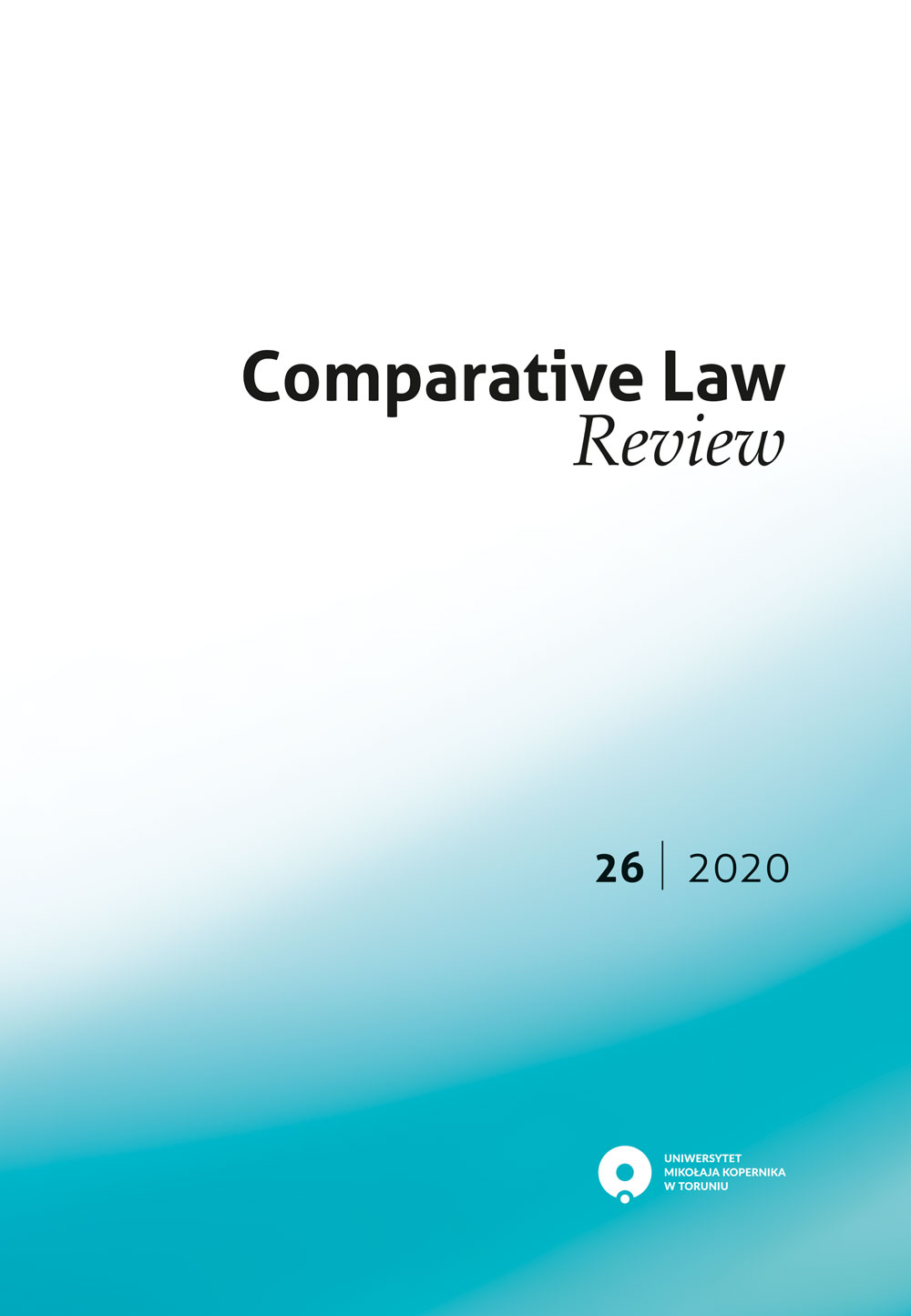Some Reflections on Regulating Professional Sports in Integration Associations: a Sphere of Autonomy or an Object of the Union Law Regulation?
DOI:
https://doi.org/10.12775/CLR.2020.011Keywords
sports law, sports federations, autonomy of sport, integration associations, the CJEU, the EAEU CourtAbstract
The regulation of relations in the field of sports is characterized by the presence of the considerable rule-making powers of sports federations that ensure the development of a particular sport, which is a manifestation of such a phenomenon as the autonomy of sport. States have to take into account this parallel normative reality. The issue of sport autonomy is gaining a new dimension in connection with the emergence of interstate integration associations, as there is a need to determine the relationship between the law of integration associations and the normative order established by sports federations, both national and international. The law of integration associations as interpreted by their judicial institutions plays a significant role in defining the concept of sport autonomy, determining the scope of rule-making powers of sports federations and the boundaries of state regulation in the field of sports. First of all, this influence can be traced in the field of labour law. In many respects the decisions of the courts of such integration associations as the European Union (EU) and the Eurasian Economic Union (EAEU) shaped the modern approaches to the content of the legal model of regulating the work of foreign athletes, taking into consideration such important principles as the freedom of movement of workers and the equality of labour rights for all citizens from the Member States of an integration association. When interpreting the rules governing professional sports activities, the courts of integration associations distinguish between issues in which the sport movement retains its autonomy and the labour (economic) activities of athletes, which are subject to the legislation of the Union. The Court of Justice of the European Union (the CJEU) in its decisions has repeatedly voiced its opinion both on the autonomy of sport and on various aspects of economic activities of athletes and sports organizations. The Court of the Eurasian Economic Union (the EAEU Court) is a much younger court and it has not adjudicated on these issues so far. However, in December, 2018 it rendered its first advisory opinion on the labour activities of professional athletes who are citizens of the EAEU Member States, in which it followed the logic the CJEU had demonstrated in a well-known decision in the Bosman case.
Downloads
Published
How to Cite
Issue
Section
Stats
Number of views and downloads: 838
Number of citations: 0



